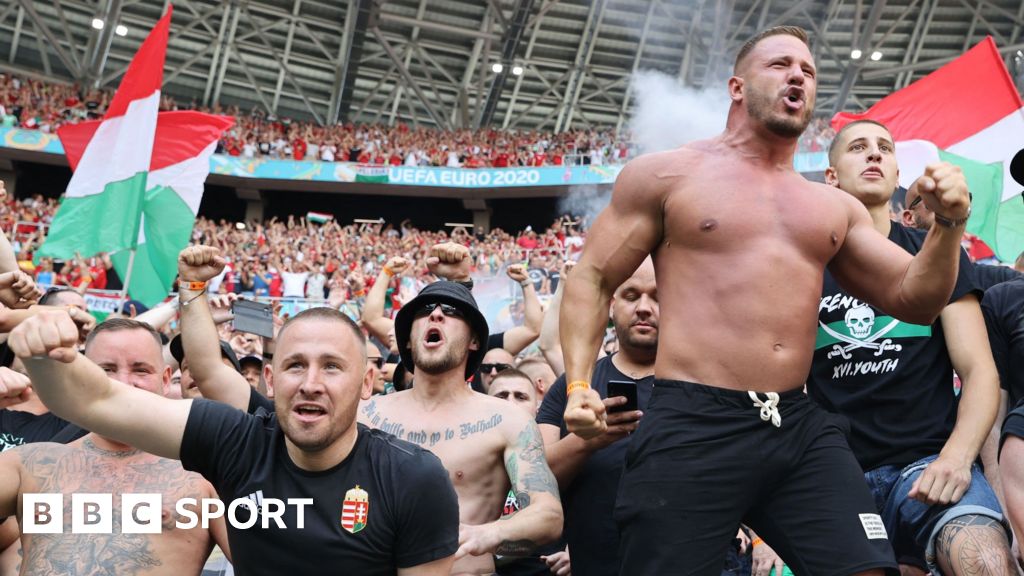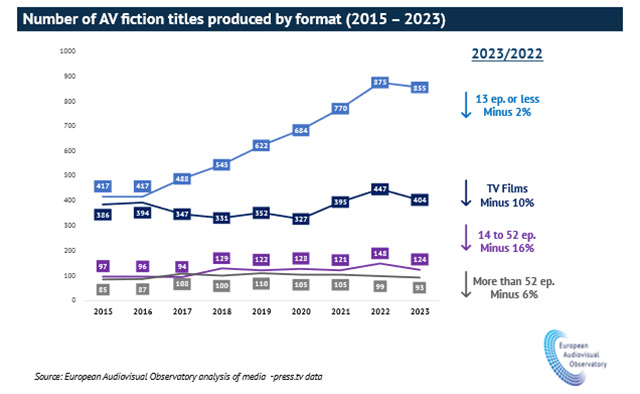Football
Hungary’s Euro 2024 ambitions and Viktor Orban’s politics

His football project has added a new historical layer to Hungary, where communist-era tower blocks, grand Austro-Hungarian buildings, and Ottoman baths betray a tumultuous past.
If the Pancho Arena is closest to his heart, the national stadium in Budapest is the biggest example of his and the government’s adoption of football.
Similar to Bayern Munich’s Allianz Arena in size and design, but built at three times the cost, it stands on the former site of the rickety, historic Nepstadion.
In an otherwise unremarkable 1-0 friendly win over Estonia there in March 2023, the most dramatic moment came as a single, repeated phrase boomed out of the public address system.
The stadium’s tannoy announcer chanted: “Down with Trianon, down with Trianon.”
The Trianon Treaty was the agreement that reduced Hungary’s size by two-thirds in 1920.
Millions of ethnic Hungarians still reside within pre-Trianon Greater Hungary – the old imperial territory that existed before Austria-Hungary’s defeat in World War One.
The stadium announcer was only following Orban’s lead. Four months before, the prime minister had posted video of himself congratulating winger Balazs Dzsudzsak on his retirement from international duty.
Around Orban’s neck was a scarf featuring an image of Greater Hungary.
Ukraine, invaded by Russia earlier that year, summoned Hungary’s ambassador to explain another apparent claim on its territory. Romania, which took over Transylvania in 1920 and is still home to 1.2 million ethnic Hungarians, voiced “firm disapproval” of Orban’s gesture.
For many Hungary fans though, it tapped into a deep sense of historical injustice.
As the public address system denounced the loss of former Hungarian territories, as war raged over the border in Ukraine where some 200,000 ethnic Hungarians reside, no discernible surprise was visible among the crowd, so blurred have the lines between football and incendiary nationalist politics become in Orban’s Hungary.
“The essence of the football is like the essence of politics,” said Orban, who has been the most prominent pro-Russian voice in the European Union.
“Because the question is not where the ball is now – everybody can see where the ball is now – but the question is where the ball will be…
“If you understand earlier than others what will happen, you can react first and you can win.”










